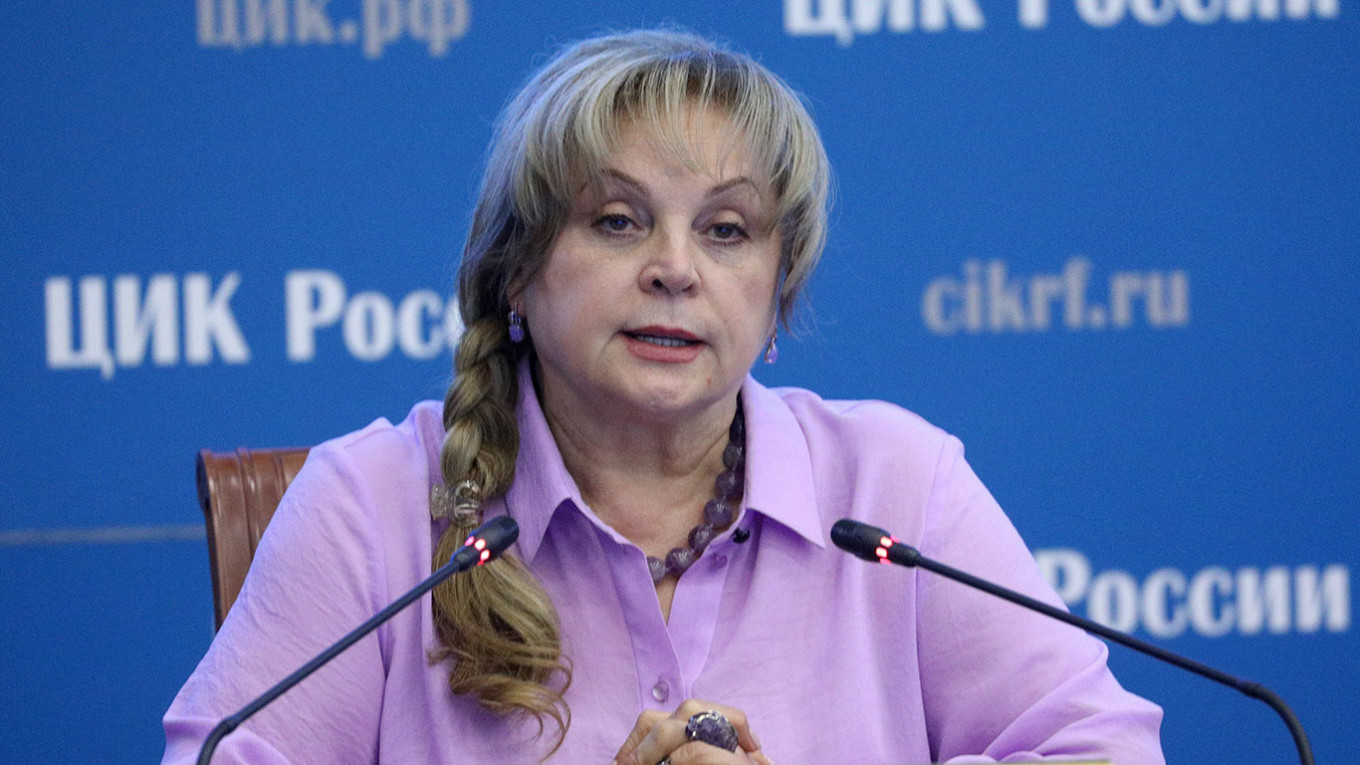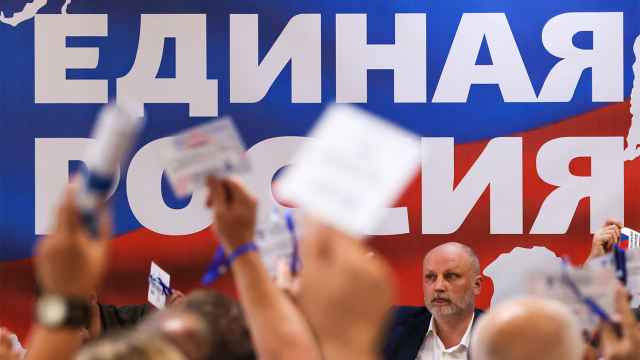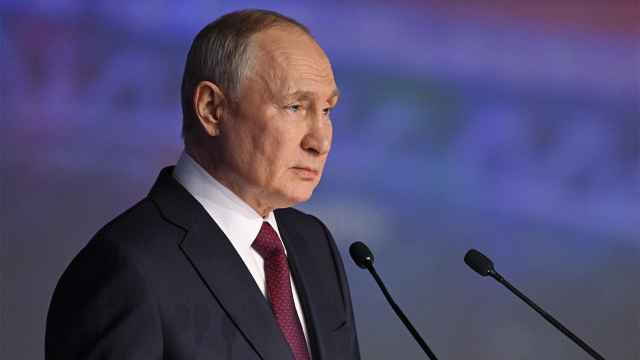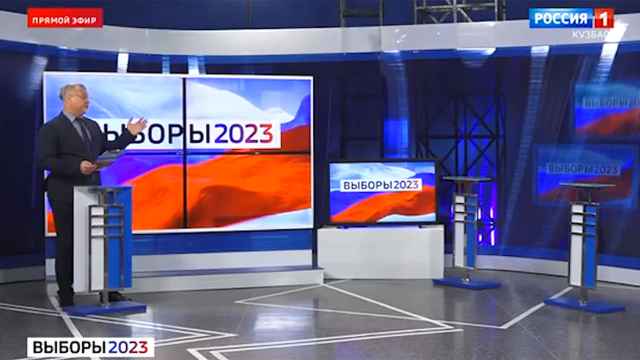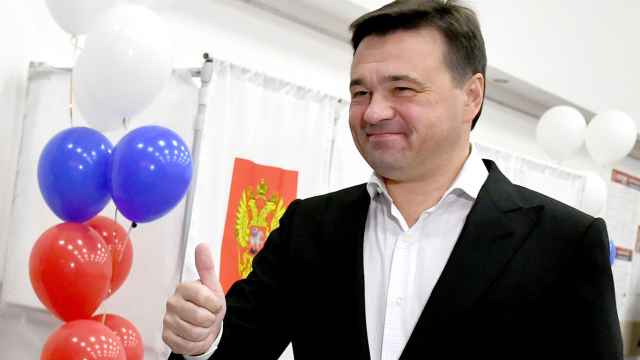Russia’s three-day voting periods are likely here to stay, the head of the country’s Central Election Commission (CEC) said Friday, a move that critics warn will make it easier to commit voter fraud.
Ella Pamfilova’s comments came as Russia kicked off a parliamentary election with both in-person and online voting from Sept. 17-19. This weekend’s elections are seen as a crucial test of the ruling, pro-Kremlin United Russia party’s grip on power.
“Given that ... in all the opinion polls, everyone who took part gave a very positive review of the three-day voting, it will most likely catch on,” Pamfilova said.
Officials said they spread the typically single-day vote over a three-day period to prevent Covid-19 transmissions.
Russians previously took part in a three-day vote in last summer’s plebiscite to approve amendments to the Constitution. The changes, which were approved by a large majority of voters despite reports of widespread voter fraud, enshrined socially conservative values into the Constitution and allowed President Vladimir Putin to potentially extend his rule by another 12 years.
Russian lawmakers are looking to pass draft legislation that would prolong elections for up to three days and allow election authorities to hold voting outside normal polling stations.
The independent Golos election monitor has launched a petition against three-day voting, claiming that it “opens up wide opportunities for fraud” and also creates “obvious difficulties for the work of election commissions, schools and other public institutions involved in the electoral process.”
Critics also warn that electronic voting opens up even more chances to falsify votes.
Video footage appearing to show ballot stuffing and other fraudulent tactics has started circulating on social media as Russians take to the polls.
A Message from The Moscow Times:
Dear readers,
We are facing unprecedented challenges. Russia's Prosecutor General's Office has designated The Moscow Times as an "undesirable" organization, criminalizing our work and putting our staff at risk of prosecution. This follows our earlier unjust labeling as a "foreign agent."
These actions are direct attempts to silence independent journalism in Russia. The authorities claim our work "discredits the decisions of the Russian leadership." We see things differently: we strive to provide accurate, unbiased reporting on Russia.
We, the journalists of The Moscow Times, refuse to be silenced. But to continue our work, we need your help.
Your support, no matter how small, makes a world of difference. If you can, please support us monthly starting from just $2. It's quick to set up, and every contribution makes a significant impact.
By supporting The Moscow Times, you're defending open, independent journalism in the face of repression. Thank you for standing with us.
Remind me later.


